Organizing Commitee
Meet the organizing committee of the 2023 São Paulo School of Advanced Science in Epidemic Preparedness
Lorena G. Barberia
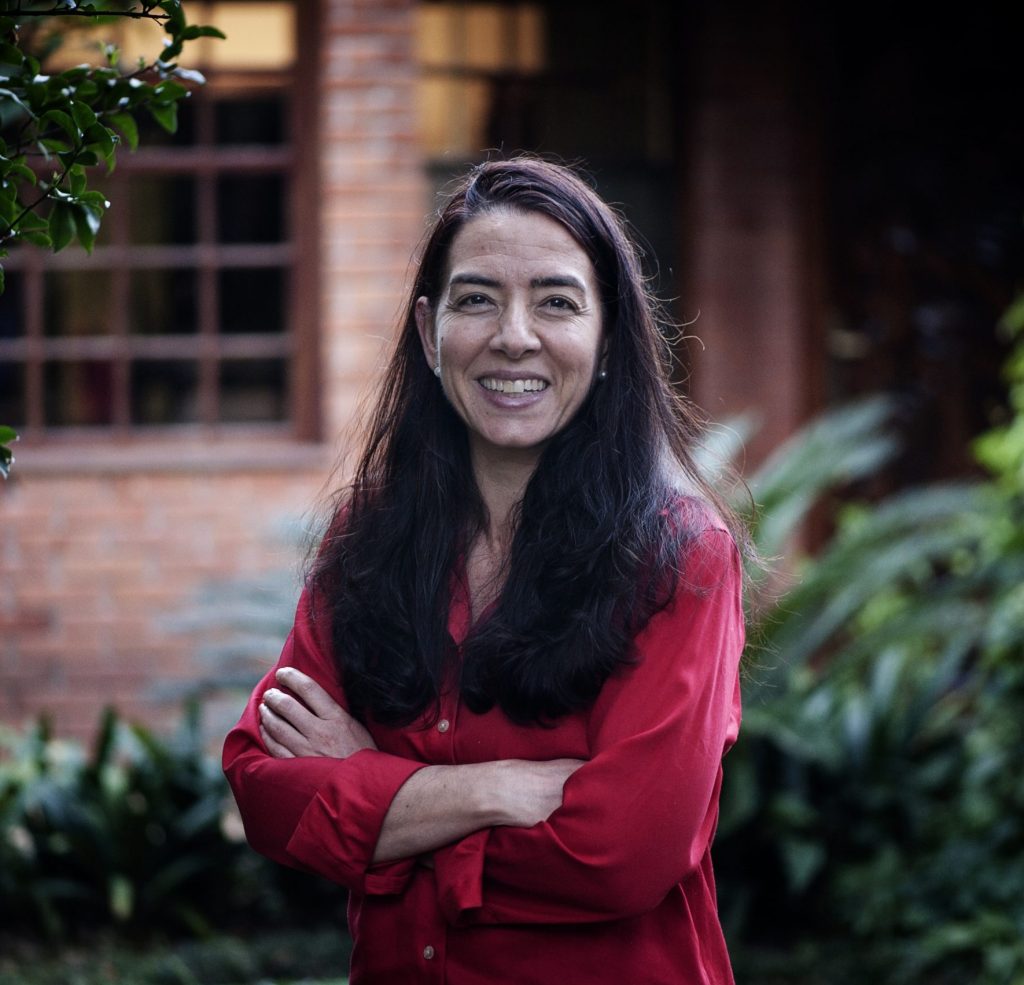
Lorena Barberia (FFLCH-USP) is an associate professor in the Department of Political Science at the University of São Paulo (USP). Dr. Barberia teaches Quantitative Methods for political science and policy research. Her recent work analyzes the determinants of subnational and national policy responses to the COVID-19 pandemic in Brazil.
Professor Barberia teaches quantitative methods for undergraduate and graduate courses in the Department of Political Science. She is a founder and the scientific coordinator of the Solidarity Research Network Public Policy and Society (Rede de Pesquisa Solidária em Políticas Públicas e Sociedade), a multidisciplinary and research network that seeks to improve the standard, calibrate the focus and improve the quality of federal, state, and municipal government policies that seeks to respond the COVID-19 pandemic in Brazil. She is also a member of Observatório Covid-19 BR, an independent initiative that disseminates quality information about the current COVID-19 pandemic based on up-to-date data and scientific methodology.
In 2020, she was awarded a prize for her contributions to science at USP (Mulheres na Ciência- Destaques 2020).
Maria Amélia Veras
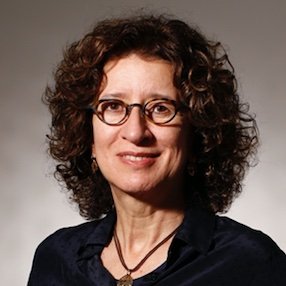
Maria Amelia Veras
(FCMSCSP) is a Professor of Epidemiology in the Collective Health Department of Santa Casa Medical School in São Paulo, Brazil, where she coordinates the graduate program (Master and PhD in Collective/Public Health). Dr. Veras is an epidemiologist with over 25 years of experience in conducting epidemiological studies related to HIV/AIDS in Brazil, especially those addressing the LGBT+ community.
She is the leader of the research group Health, Sexuality and Human Rights of LGBT community (NUDHES). Her research interests include stigma and its role in health inequalities affecting the LBGT+ population in Brazil, barriers to access HIV/AIDS and other sexually transmitted diseases prevention and care. She is a member of the Observatório COVID-19 BR, an independent initiative that disseminates quality information about the current COVID-19 pandemic based on up-to-date data and scientific methodology.
Renato Mendes Coutinho
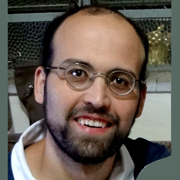
Renato Mendes Coutinho
(UFABC) is an associate Professor at the Federal University of ABC. He holds a bachelor’s degree in Molecular Sciences from the University of São Paulo (2008) and a master’s degree (2010) and a PhD in Physics from the Institute of Theoretical Physics (Unesp, 2015).
He has experience in Physics, with emphasis on nonlinear dynamics, Applied Mathematics, with emphasis on Mathematical Modeling applied to population biology, and Theoretical Ecology and Epidemiology. He is a member of the Observatório Covid-19 BR, and extensively contributed to modeling efforts of the SARS-CoV-2 epidemic in Brazil.
Roberto André Kraenkel

Roberto André Kraenkel (IFT-UNESP) is a professor of Physics at Institute for Theoretical Physics of the São Paulo State University, in São Paulo Brazil.
He holds a Phd degree in Physics and was a postdoctoral fellow at the Institut des Hautes Études Scientifiques, Paris region, France. He has also been an invited researcher at the Universities of Montpellier, Lyon and Marseille. HIs research line is in the field of modeling of infectious disease dynamics.
He is a member of Observatório Covid-19 BR and has contributed to modeling efforts of the SARS-CoV-2 epidemic in Brazil.
Paulo Inácio Prado
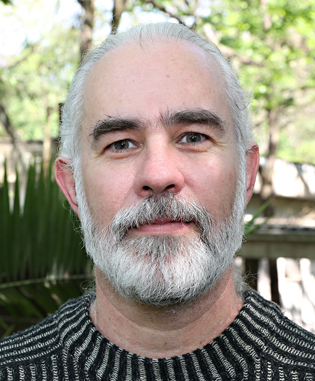
Paulo Inácio Prado (IB-USP) is a professor at the Biosciences Institute, São Paulo University.
He is an ecologist that merges empirical and modeling research to unveil the processes behind biodiversity patterns. He is also interested in evolutionary and epidemiological dynamics, and applied science in general, and Member of the Observatório COVID-19 BR
Maria Rita Donalísio
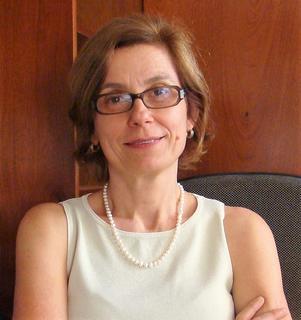
Maria Rita Donalísio (FCM-Unicamp) MD, is an epidemiologist and full professor at the Department of Collective Health in the Faculty of Medical Sciences at the State University of Campinas, São Paulo.
She works with infectious disease epidemiology and epidemiological surveillance, particularly zoonoses of public health importance, focusing on the One Health perspective. She coordinates research projects in the epidemiology of (re)emerging infections and spatial analysis in collaboration with the Institute of Biodiversity at the University of Kansas and Universidad Autonoma de Puebla, Mexico.
She accompanies and advises the “situation room” in the Health Department of the municipality of Campinas, SP, for monitoring, control and intervention in events of public health relevance. She is a member of the Observatório Covid-19 BR.
Verônica Coelho
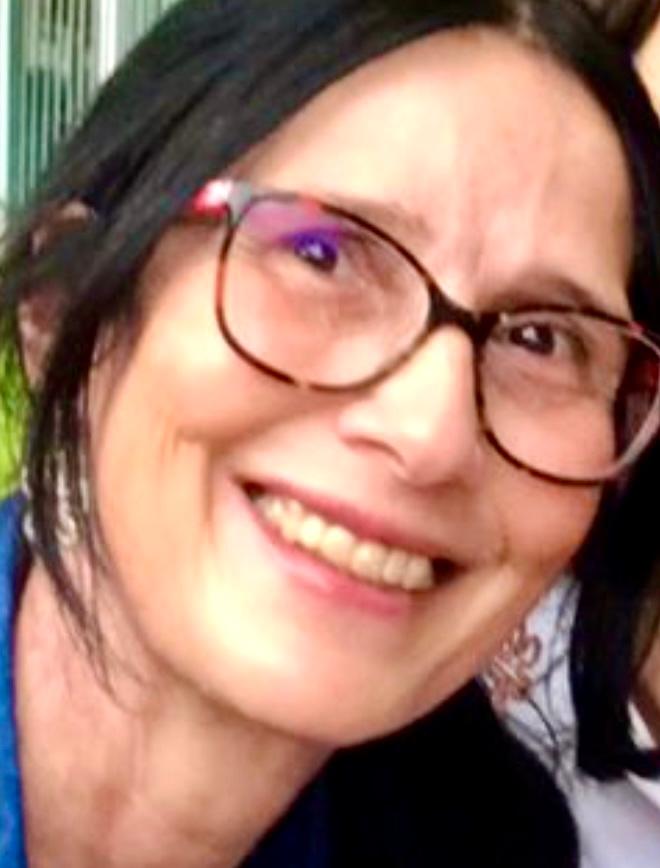
Verônica Coelho (HC-USP), MD, has a PhD in Immunology from the University of São Paulo (1994), with part of her doctoral work developed in the Massachusetts Institute of Technology (MIT), USA, in collaboration with Dr. Susumu Tonegawa (1992).
Currently, she is a medical researcher in the Immunology Laboratory of the Heart Institute (InCor) of FMUSP. In recent years, she has established multidisciplinary partnerships, such as with systems biology to study immune tolerance in human transplantation and, in this perspective, held a sabbatical internship at King’s College London.
Member of the Covid-19 BR Observatory. She is one of the main researchers of the National Institute of Science and Technology for Research in Immunology, in which she coordinates research projects in Transplantation Immunology, Autoimmunity, and Immunoregulation, as well as the platform for Teaching and Interaction with society. She is a member of the Observatório Covid-19 BR.
Oswaldo Cruz
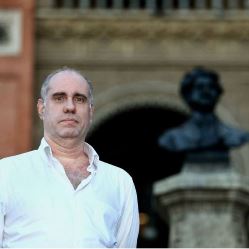
Oswaldo Gonçalves Cruz is part to the Scientific Computing Department (PROCC) of Fiocruz, is a permanent faculty member of the Epidemiology and Public Health program of ENSP/FIOCRUZ and was also a permanent member of the Computational Biology program of IOC/FIOCRUZ.
His main areas of expertise are: spatial data analysis, epidemiological surveillance, spatio-temporal analysis, violence, micro-areas analysis methods, data mining and biostatistics.
During the COVID-19 pandemic, he actively participated in helping to coordinate the City of Rio de Janeiro’s response. He is also a member of the Observatório Covid-19 BR.
Guilherme L. Werneck
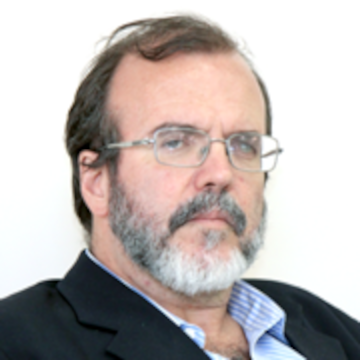
Guilherme L. Werneck (IMS-UERJ) is a full professor in the Department of Epidemiology of the State University of Rio de Janeiro and the Institute for Public Health Studies of the Federal University of Rio de Janeiro.
He has an appointment as a visiting scientist at the Department of Global Health and Population at the Harvard T. H. Chan School of Public Health/HSPH and is a Senior researcher of the Brazilian Research Council, and was a member of the “WHO Expert Advisory Panel on Parasitic Diseases (Leishmaniasis)”. He was the Coordinator of the Public Health Graduate Programs at CAPES (2014-2018).
His research focuses on the epidemiology of infectious diseases, with a particular interest in the identification of socioeconomic and environmental determinants of the occurrence and spread of neglected tropical diseases (mainly visceral leishmaniasis), use of spatial data analysis, geographic information systems and remote sensing in epidemiology and public health; urbanization and health; use of epidemiologic and statistical methods in health sciences. He is a member of the Observatório Covid-19 BR.
Ester Sabino
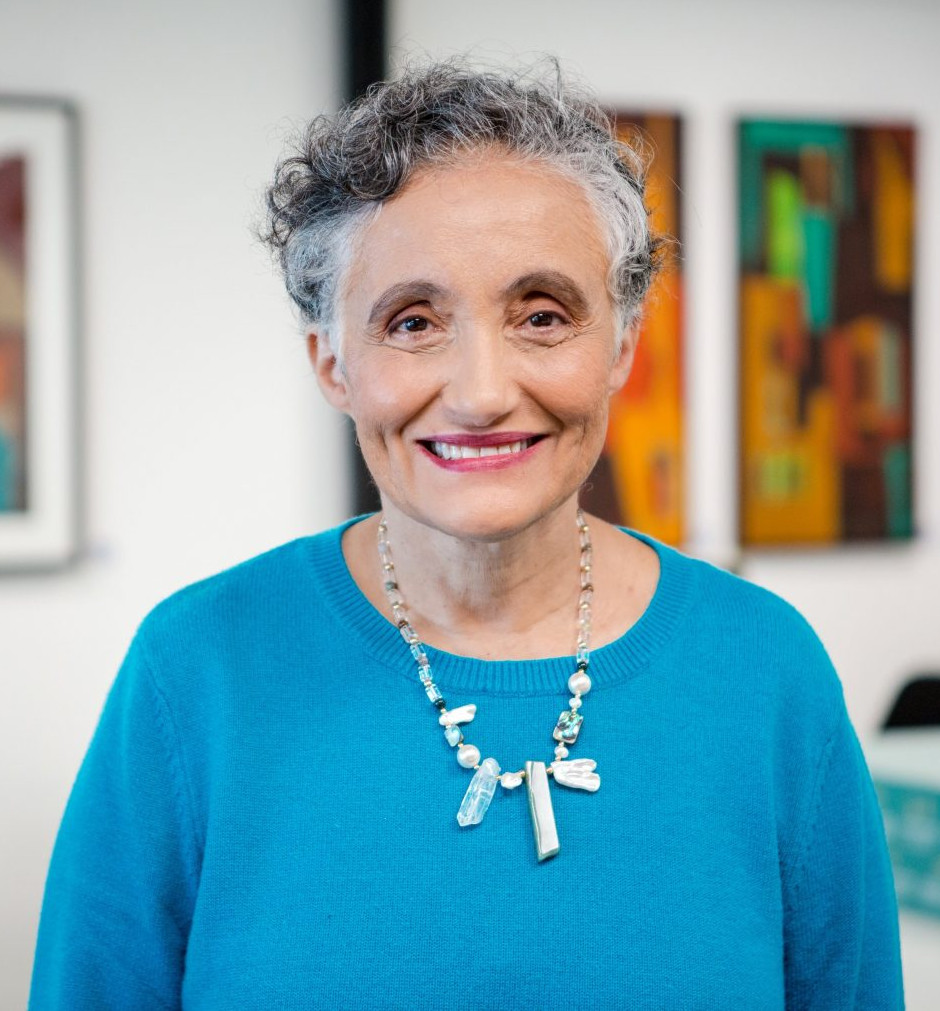
Ester Sabino (FMUSP e ITpS), MD, is a professor at the Institute of Tropical Medicine at the University of Sao Paulo Medical School. During her research’s early phase, her work focused on HIV diversity.
After returning to Brazil, she collaborated with the Brazilian Ministry of Health AIDS Program to establish a laboratory network to perform viral load and drug-resistant testing. In 2005, she organized a blood bank network to participate in the NHLBI/NIH REDS program focused on blood safety. In 2011 she joined the University of Sao Paulo Medical School and led the establishment of large cohorts of blood donors with Chagas disease and sickle cell disease. She served as Director of the Institute of Tropical Medicine from 2015-2019. Since 2015, she has been participating in the international effort to establish a rapid research response to new emerging diseases.
She has published more than 300 peer-reviewed papers and has directly trained over 50 post-doc graduate students. She is a Brazilian Academy of Science member and received the Armando de Oliveira Salles medal from the University of São Paulo.
Anderson Brito
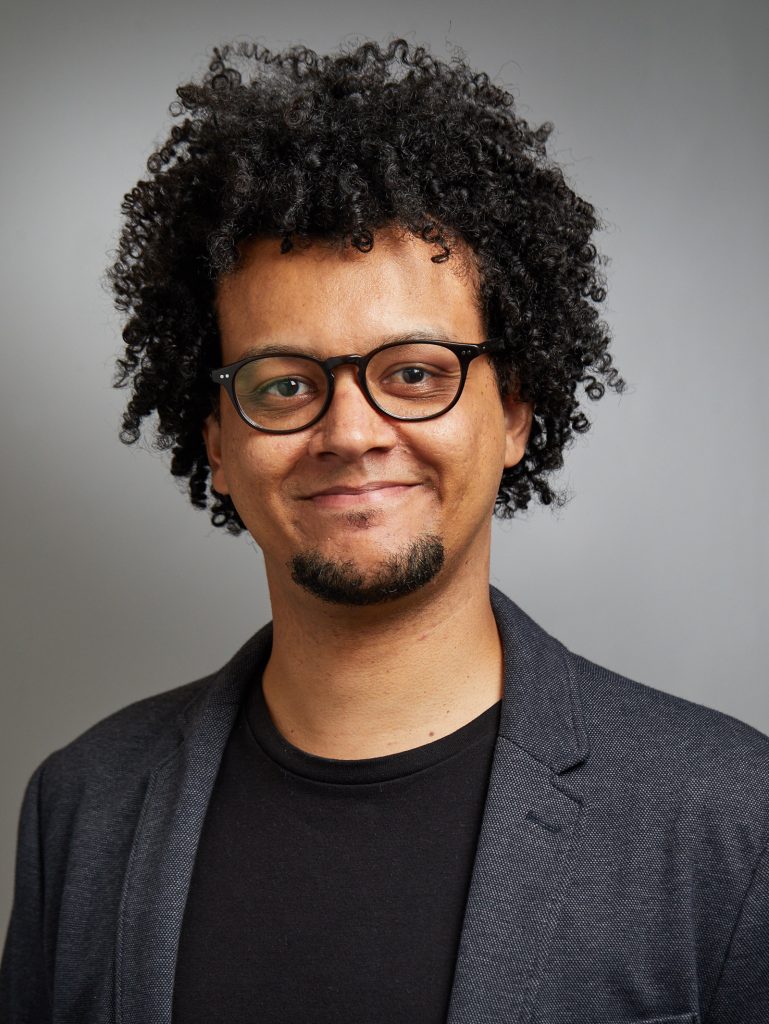
Anderson F. Brito is a virologist and bioinformatician with over 10 years of experience in those fields. Currently he is a Research Scientist at Instituto Todos pela Saúde, ITpS (All for Health Institute), in São Paulo, Brazil (www.itps.org.br). At ITpS he coordinates initiatives of data analysis for near-real time surveillance of infectious diseases.
He holds a PhD in Computational Biology from Imperial College London, and a Postdoc at Yale University (School of Public Health). In his research he develops computational tools to investigate the emergence, geographic spread and molecular evolution of viruses using biomolecular data.
He is an affiliate member of the Brazilian Academy of Sciences (ABC), and a member of #TeamHalo, a science communication initiative of the United Nations (UN) aimed at addressing concerns related to public health misinformation.
Monica de Bolle
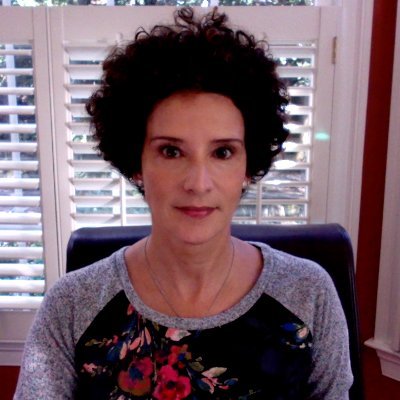
Monica Baumgarten de Bolle is an economist, senior fellow at the Peterson Institute for International Economics in Washington, DC, and a professor at Johns Hopkins University.
Author of several books and articles on the Brazilian economy, inequality and poverty, monetary and fiscal policies, among other topics, since 2020 she has dedicated herself to understanding the impacts on health and the economy arising from the pandemic. In this sense, in addition to publishing texts that relate the two areas, in 2022 she completed a Master’s Degree in Immunology and Microbiology at Georgetown University.
Monica worked as an economist at the International Monetary Fund from 2000 to 2005 and holds a PhD in Economics from the London School of Economics and Political Science
São Paulo School of
Advanced Science on
Epidemic Preparedness

